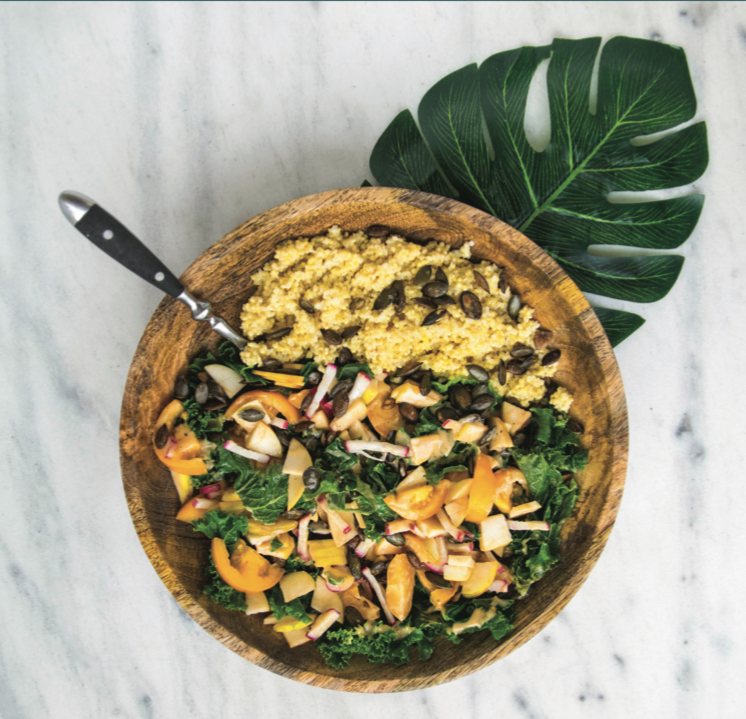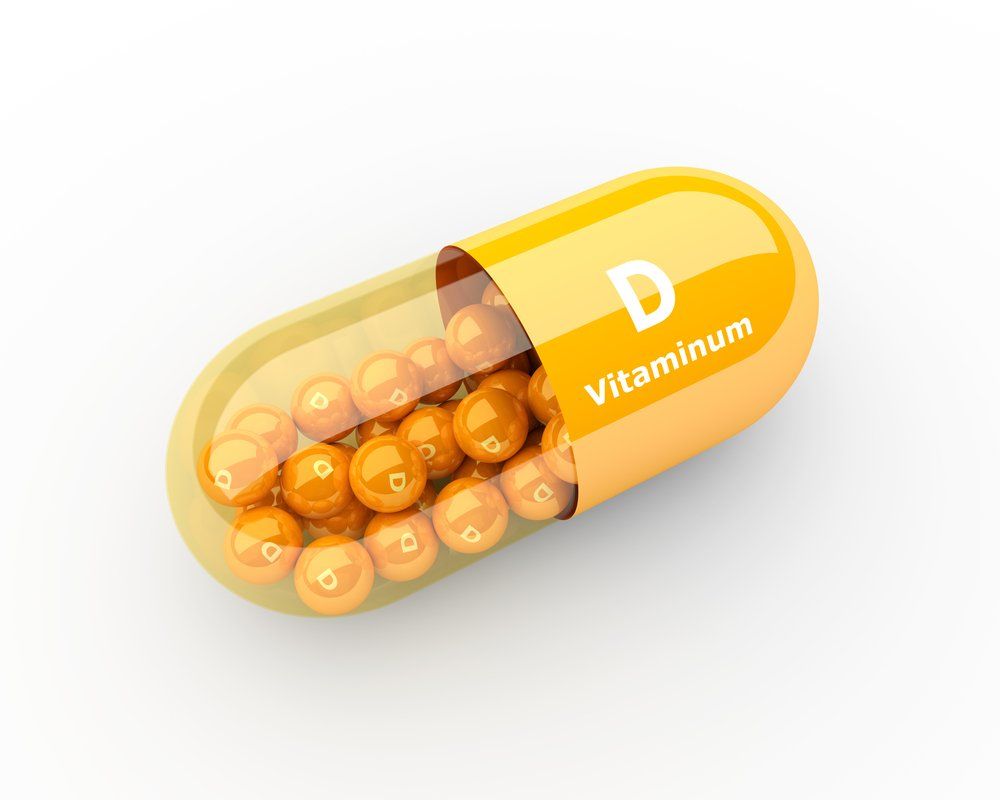#uptodate

Association for Dietetics South Africa (ADSA), South African Society for Parenteral and Enteral Nutrition (SASPEN), Enteral Nutrition Association of South Africa (ENASA) and Hospital Dietitian’s Interest Group (HDIG) are proud to present this beautifully designed recipe book featuring a collection of tried and tested recipes by dietitians across South Africa in honour of Dietitians Week. The year's theme is Dietitians Do Prevention, and we will be highlighting the fantastic work that all dietitians do to prevent illness or optimise health, be that in primary care or acute settings, industry, research or education. Improving prevention and public health are key to the ongoing sustainability of health services. Across South Africa, there is a growing belief that a greater focus on prevention and public health activity is going to be vital to reduce pressure on our health care system. We may use different terminology in different areas, but all dietitians do prevention and play a key role in the prevention and management of nutrition- related illnesses. Including some of these recipes as part of a healthy diet may help to prevent nutrition-related diseases and complications. We hope you enjoy these recipes as much as we do!

With the Corona Pandemic many of us have been forced to work from home, however many of us have resorted to binge eating as a means to make us feel better... but what if we could make ourselves feel better with some more Vitamin D? Vitamin D plays a vital role in bone health and researchers are now discovering that vitamin D may play a role in many other areas of health also. Exactly how vitamin D works in the brain is not fully understood. One theory is that vitamin D affects the amount of serotonin in the brain (happy hormone). Many anti-depressant medications work by increasing the amount of serotonin in the brain. Therefore, researchers have suggested that vitamin D may also increase the amount of serotonin, which may help treat depression. (1) SO, WHAT DID STUDIES LOOK AT? There are a number of strong research studies from the last few years that looked specifically at vitamin D levels and depression. These studies looked at whether: a lack of vitamin D in the blood is linked with being depressed (1) a lack of vitamin D in the blood makes it more likely an individual will develop depression (2) taking a vitamin D supplement can improve or prevent depression (2) KEY RESEARCH RESULTS Research does seem to show a link between low levels of vitamin D in the blood and symptoms of depression. Research hasn’t yet shown clearly whether low vitamin D levels cause depression, or whether low vitamin D levels develop because someone is depressed Lack of vitamin D may be one of many factors that contribute to a depressed mood. There are many factors that cause depression, such as genetics, which means it’s difficult to say for certain that when depression improves -that it is vitamin D that is causing the improvement. People who have depression go outdoors less, so they are less likely to have adequate vitamin D in their blood. WHAT DOES THIS MEAN FOR ME? Research has not yet clearly shown whether low levels of vitamin D cause depression, or whether depression causes low levels of vitamin D. This means that we don’t know whether taking a vitamin D supplement or getting more vitamin D by exposing the skin to the sun, will help to prevent or ease the symptoms of depression in some people. But if you have depression and want to take vitamin D, it is unlikely to make your symptoms worse or cause you any harm (as long as you’re taking less than 10,000 IU/day). However, you may not see any improvement in your symptoms either. (5) If you have depression you shouldn’t take vitamin D in place of other treatments or anti-depressant medicines. Speak to your Doctor or Dietician if you are concerned about your vitamin D levels and want to get them tested. So, Vitamin D may not have a clear link with clinical depression but getting enough Vitamin D helps to keep your mood up and helps you to not comfort eat. During this Pandemic, it’s important to make time to spend outdoors in order to obtain some Vitamin D and increase your Serotonin. DID YOU KNOW? Exposing your skin to the sun to get vitamin D enhances your mood and energy. Generally, a little bit of sun exposure is linked to a better mood. Thus, those feeling depressed should try to spend some time in the sun. Written by Simone Constancon RD(SA) REFERENCES: Vitamin D deficiency, depression course and mortality: Longitudinal results from the Netherlands Study on Depression in Olderpersons (NESDO). van den Berg, Karen S, et al. 2016, Journal of Psychosomatic Research, pp. 50-56. Vitamin D supplementation guidelines. Pludowskia, Pawel, et al. 2016, Journal of Steroid Biochemistry & Molecular Biology, pp. 1-11. Vitamin D supplementation to reduce depression in adults: Meta-analysis of randomized controlled trials. Gowda, Usha M.H.N., et al. 2015, Nutrition, pp. 421–429. Relationship of Vitamin D3 Deficiency to Depression in Older Adults: A Systematic Review of the Literature From 2008-2013. Farrington, Elizabeth and Moller, Mary. 2013, JNP, pp. 506-515. Vitamin D and depression. Parkera, Gordon B, Brotchiea, Heather and Grahama, Rebecca K. 2017, Journal of Affective Disorders, pp. 56–61.
